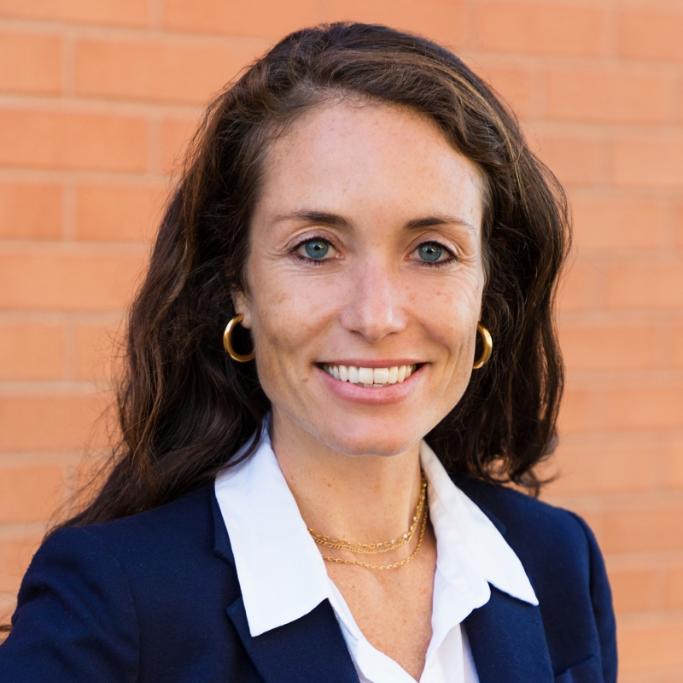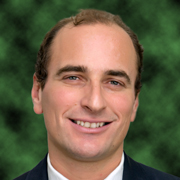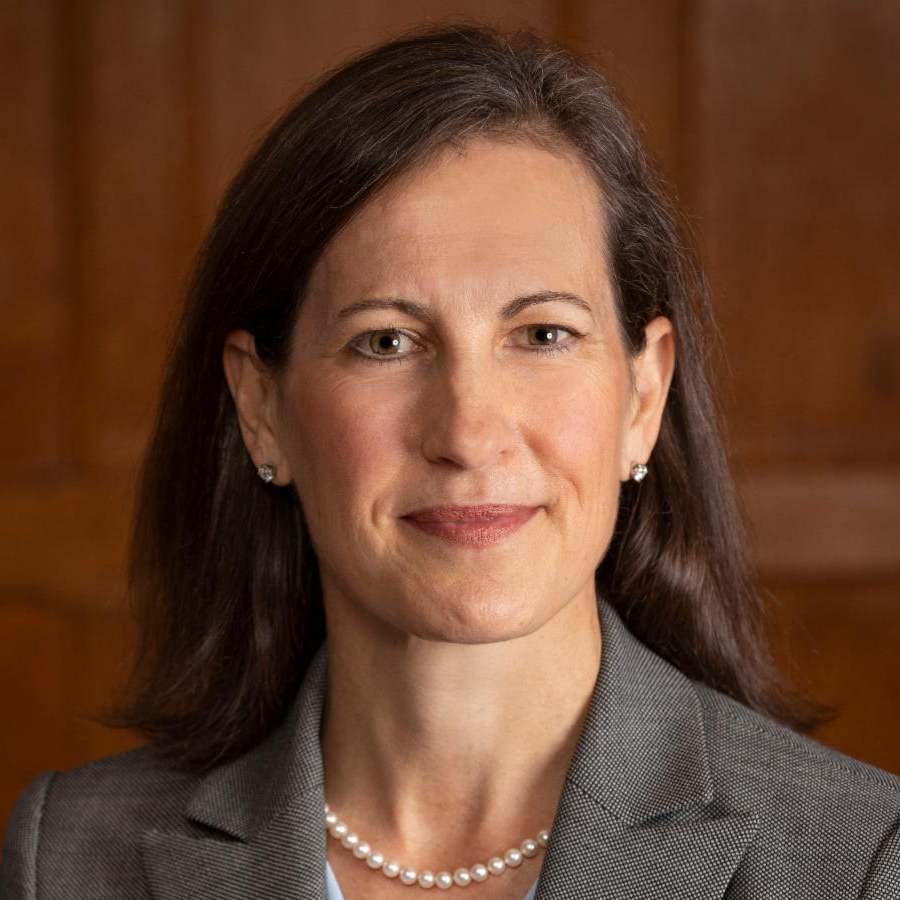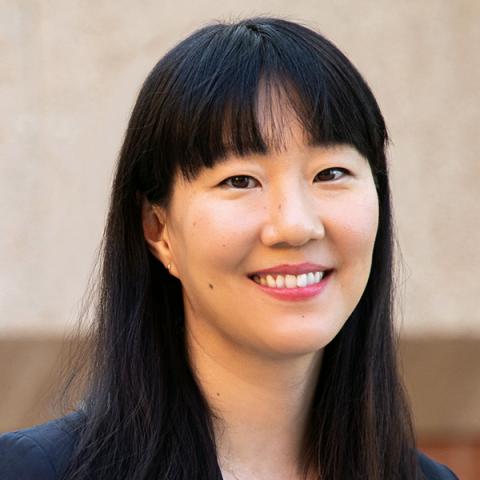.gif) |
UPCOMING EVENTS
|
DEC
5-17
| College of Law Finals |
DEC 24
- JAN 3
| Winter Closure |
JAN
4
|
|
|
Greetings,
This week, as we approach the end of the year (and for so many, 2020 cannot end soon enough), we review just some of the ways that Arizona Law is setting new precedents in legal education.
We are proud of the many ways that we are preparing students to succeed in our changing legal profession. And we are deeply grateful for what our alumni do for our profession and society, and for our students
If you're considering making a year-end donation ( one-time or recurring) in support of law scholarships, our student financial hardship fund, or any other program that you are passionate about, see important instructions below. And thank you!
Until the footnotes,
Marc
|
|
|
Arizona Law is Setting New Precedents
|
Our college is leading the way in legal education and preparing our students, today and every day.
NEW PRECEDENTS
|
First to Accept the GRE
Our GRE applications have increased 166% from 2016. GRE admits now make up 16% of our 1L class. And the GRE has increased personal, professional, and academic diversity among our students. Our students admitted through the GRE are succeeding in law school, on the bar exam, and in the profession.
| |
Nation's First Undergraduate Law Degree
Our first-of-its-kind bachelor of arts in law degree was created to fill the need for non-JD professionals in regulated and legal settings. Now with around 1,500 students enrolled on our main campus in Tucson, at our global partnerships around the world, and online, we are building a new kind of legal professional -- and a new kind of legal education.
| |
Closing the Justice Gap
| |
Leading Faculty-Edited Appellate Journal
Moves To Arizona Law
The influential Journal of Appellate Practice and Process now resides at Arizona Law. The Journal, which launched in 1999 at the University of Arkansas, has published scores of important articles, including pieces from U.S. Supreme Court justices. Court opinions cited The Journal more than 100 times in 2019 alone.
|
ARIZONA LAW -- BY THE NUMBERS
|
Public Law
School
|
in Practical
Training
|
#2
in Native American Student Enrollment (among Top-50 Law Schools
|
16
Clinics
| |
#24
Legal Writing Program
|
Top 35
Environmental Law Program
|
Health Law
Program
|
in Scholarly Impact
|
Spotlight on the Legal Writing Program (#24)
Our six full-time Legal Writing faculty are national leaders, creating innovative, student-centric curriculum and producing influential scholarship that advances the field.
"Our goal is to provide an excellent education in legal analysis and writing that prepares students for practice, that emphasizes knowing your purpose and your audience, and that centers on the client and the client's needs," says Director Susan Salmon, who is also president-elect of the Legal Writing Institute. "We want everything we do to be tethered to the real world of law practice as much as possible."
|
|
JD Employment
Class of 2019
|
| |
87.6%
overall employment
|
81.8%
employment in full-time, long-term, bar passage-required or JD-advantage positions
| |
19.5%
of our graduates secured a judicial clerkship (annually between 2015-19) (national rate=9.3%)
|
88%
ultimate bar passage rate
Class of 2017
|
|
The Future is Now
Fall 2020 JD Class
|
| | Applicants: 1,545 | Enrolled: 128 | Median LSAT: 163
| Median GPA: 3.56 |
|
FACULTY SCHOLARSHIP
 Professor Albertina Antognini was invited to present at the 2020 Stanford-Harvard-Yale Junior Faculty Forum. She presented her paper, "Nonmarital Conflicts," 73 Stan. L. Rev. (forthcoming 2021), which considers how the right to contract fares in nonmarital relationships. Her paper shows that-contrary to conventional wisdom-courts routinely invalidate express agreements between unmarried couples. Given how the right to contract is limited outside of marriage, the article argues that as currently constituted, it fails to provide a complete resolution to the problem of rights individuals ought to have in a nonmarital relationship. Professor Albertina Antognini was invited to present at the 2020 Stanford-Harvard-Yale Junior Faculty Forum. She presented her paper, "Nonmarital Conflicts," 73 Stan. L. Rev. (forthcoming 2021), which considers how the right to contract fares in nonmarital relationships. Her paper shows that-contrary to conventional wisdom-courts routinely invalidate express agreements between unmarried couples. Given how the right to contract is limited outside of marriage, the article argues that as currently constituted, it fails to provide a complete resolution to the problem of rights individuals ought to have in a nonmarital relationship.
 Professor Barak Orbach's article "Interstate Circuit and Conspiracy Theories," 2019 University of Illinois Law Review 1447, was selected as the winning Academic Article in the Procedure category for the 2020 Antitrust Writing Awards. The article refines four antitrust concepts whose origins stem from Interstate Circuit v. United States (1939), one of the most well-known Supreme Court antitrust opinions. The article argues that the Interstate Circuit myth demonstrates that erroneous myths may be long lasting and influence policies.
Barak's article was selected as the result of a five-month process involving 51 international antitrust experts and reviewing more than 600 articles.
 Professor Sergio Puig was elected co-editor in chief of The Journal of International Economic Law, one of the leading intellectual publications in international economic law. Sergio will serve his term from 2021 to 2025 with Kathleen Claussen (Miami School of Law) and Michael Waibel (University of Vienna).
Sergio also has a new book publishing in the spring, "At the Margins of Globalization: Indigenous Peoples & International Economic Law" (Cambridge University Press). The book explores the extent to which the main fields of international law that are tasked with promoting business interdependence across nations-international finance, investment, trade, and intellectual property-address the rights and interests of indigenous peoples, an expressly protected category of marginalized people under international law. It contains eight case studies of the use of indigenous rights to empower tribes.
 Professor Simone Sepe's article, "Banking on the Lawyers," Cornell Legal Studies Research Paper Series No. 20-13 (2020), is the first to analyze a sea change in bank governance-the precipitous rise in lawyer-directors over the past two decades. Using novel empirical evidence, Simone and his co-authors show that lawyer-directors are associated with efficient changes in risk management and significant increases in bank value. Their findings challenge the standard framing of the board, suggesting that understanding corporate governance requires a more nuanced approach to board composition and directors' skills.
Harvard Law School's Center on the Legal Profession dedicated its May/June 2020 issue of its journal The Practice to "Banking on the Lawyers."
|
.gif) |
RECENTLY HIRED
 Teresa Miguel-Stearns, Director, Daniel F. Cracchiolo Law Library; Associate Dean, Legal Information Innovation; Professor of Law Teresa Miguel-Stearns, Director, Daniel F. Cracchiolo Law Library; Associate Dean, Legal Information Innovation; Professor of Law
Teresa Miguel-Stearns joined University of Arizona Law in April after 15 years in various positions at the Lillian Goldman Law Library at Yale Law School, culminating in her appointment to director of the law library and professor of law in 2016. Her areas of interest in research and teaching include Latin American law and politics, legal research, foreign and international law, and the history of law librarianship and legal education. Teresa is the co-founder and creator of ALLStAR Benchmarking (along with her husband, Steven Stearns), a data collection and analysis tool for U.S. academic law libraries. ALLStAR is now the primary method for law libraries to capture, share, compare, and analyze data, which allows libraries to benchmark, learn, and implement best practices, and more strategically allocate resources. She and the ALLStAR team were awarded the American Association of Law Libraries' "Innovations in Technology Award" for 2020.
 Eunice Lee, Associate Professor of Law; Co-director, Bacon Immigration Law & Policy Program Eunice Lee, Associate Professor of Law; Co-director, Bacon Immigration Law & Policy Program
Eunice Lee's research centers on the legal and social construction of citizenship, migration and borders. She engages overlapping areas of immigration, administrative, constitutional, and international refugee law to understand the rights of immigrants in the United States. Through both doctrinal analysis and ethnographic methods, she also considers how these rights shape boundaries of sovereignty and statehood, and how advocates and communities expand the possibilities of law through social change. In addition to her Law appointment, she is completing her doctorate in anthropology.
|
Make a Recurring Gift to Arizona Law
Arizona Law is kicking off a special fundraising campaign for the month of December. We invite you to set up a monthly recurring gift in support of the scholarship or program of your choice.
Sustained monthly giving provides critical, stable funding that helps us plan for the future.
We have set a goal of 50 new recurring gifts in the month of December. As a thank you for helping us reach this goal, every new recurring gift will come with a special Arizona Law face mask.
Bear Down and Mask Up!
Set up your recurring gift today at:
|
Year-End Giving
The University of Arizona will be closed campus-wide starting on Thursday, December 24, 2020, until Sunday, January 3, 2021 -- and will reopen on Monday, January 4, 2021.
If you would like to make a year-end philanthropic contribution, here are some helpful tips to ensure your gift is counted in 2020:
Gifts by check: All checks should be made payable to the Law College Association and mailed to The University of Arizona James E. Rogers College of Law, 1201 E. Speedway Blvd., Tucson, AZ 85721. Checks will be processed and receipted according to the postmark date on the envelope. Please allow extra time for USPS delays this year. To receive a charitable gift deduction in 2020, your envelope must be postmarked by December 31, 2020.
Gifts by credit card: Credit card gifts will be receipted on the date the charge hits (posts to) the credit card account. This means to receive a 2020 charitable gift deduction, the charges must be made with sufficient time before December 31, 2020 to allow the donation to post by December 31, 2020. You can make a gift securely at: www.law.arizona.edu/give
Gifts of stock: Stock transactions will be processed and receipted on the date the stocks are transferred into our account. To receive a 2020 charitable gift deduction, stocks must be transferred by the end of the day December 31, 2020. If you are planning a stock transfer please call 520-621-8430 so that we can prepare for your gift.
|
.gif) |
.gif) |
Join the Bear Down Network!
Whether you need to create your profile or you are a current user, there is so much waiting for you on the Bear Down Network.
- Communicate with Wildcats through various opportunities: Cat Chats and Mentorships
- Make connections with Wildcats through an alumni directory and groups
- Stay informed with university news and events
- Share your journey on the network and group feeds
- Bring your community with you wherever you go with the mobile app
Sign up on the Bear Down Network before Dec. 18 to join other Wildcats and enter to win a grand prize of $100 in Wildcat gear from the Arizona BookStores.
Already a member? Enter to win by posting a photo of yourself sporting your favorite Wildcat gear to the main feed and tag Alumni Association in the post. Go to beardownnetwork.com now to enter.
|
.gif) |
.gif) |
There is no way to do justice in a quick summary of any year at our college, much less this one.
Perhaps the best reflection of this year is this: In 2020 we taught students across programs, engaged our communities, did cutting edge scholarship -- and saw that work recognized with awards, honors, and in strong placements -- and, perhaps most importantly, supported each other.
Each of these points would be true in a normal year. That, together, we have found a way to make them true in this year is the most telling summary of all.
|
|
|
|
|
.gif) |
|